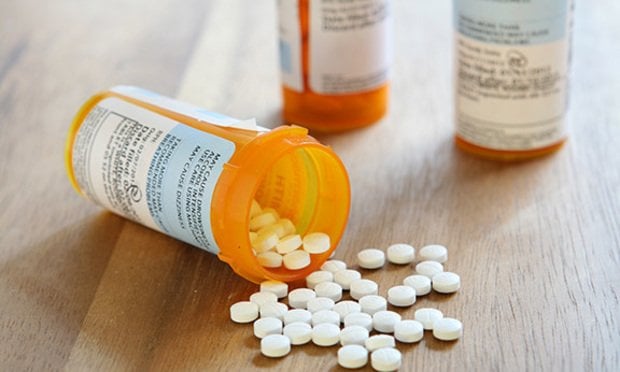 Credit: Adobe Stock
Credit: Adobe Stock
Members of Congress are considering a bill that could make it easier for compounding pharmacies to use emergency rules to create alternatives to patented, brand-name drugs that are in short supply.
Rep. Abigail Spanberger, D-Va., has introduced the House version of the End Drug Shortages Act bill together with Rep. Adrian Smith, R-Neb.
Recommended For You
Sen. Tim Kaine, D-Va., joined with Sen. Tom Cotton, R-Ark., to introduce a Senate version.
The bill would require a drug manufacturer to notify the Food and Drug Administration when a surge in demand for a drug might be straining the manufacturer's capacity to meet demand for the drug, according to a summary posted by Spanberger.
Officials at the FDA are tracking supply concerns for about 275 drugs, including everything from saline solution to some of the popular GLP-1 anti-diabetes and anti-obesity medications, such as semaglutide and liraglutide.
"When Americans are consistently unable to fill a prescription at their local pharmacy or when hospitals are rationing lifesaving medications, it's clear that there is a breakdown along our pharmaceutical supply chain," Spanberger said. "By requiring drug manufacturers to notify FDA when demand for a drug is surging, pharmacies and health systems can more quickly prepare for a potential shortage."
The history: Members of Congress have overcome partisan differences to pass health care bills in the past. In December 2016, for example, lawmakers managed to get the 21st Century Cures Act signed into law by former President Barack Obama as he was leaving office.
Former President Donald Trump signed the 2,126-page Consolidated Appropriations Act, 2021 package, which included the No Surprise Act emergency care and in-network hospital billing bill, Dec. 27, 2020.
But the End Drug Shortages Act bill could face friction from drug manufacturers that oppose an expansion of compounding pharmacies' ability to make alternative versions of their drugs and skeptics at the FDA who question whether all compounding pharmacies produce drugs that meet the quality standards the manufacturers have to meet.
© 2025 ALM Global, LLC, All Rights Reserved. Request academic re-use from www.copyright.com. All other uses, submit a request to [email protected]. For more information visit Asset & Logo Licensing.







